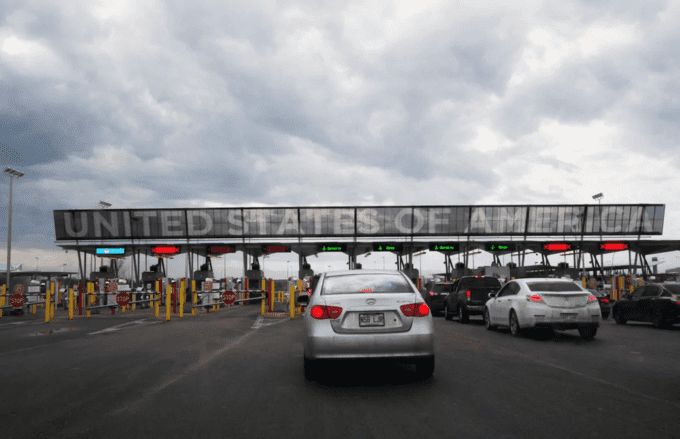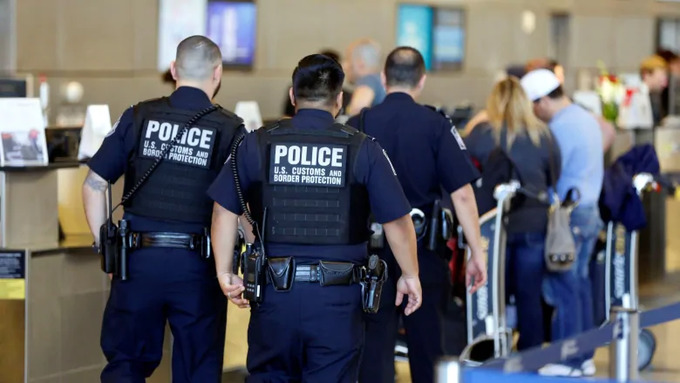Travellers entering the United States, keep in mind: U.S. border agents can still easily search for your cellphone.
That the discovery of electronic devices without announcing prior grounds for suspicion is despite a much-publicized U.S. court ruling against the border guard.
Two Canadian immigration attorneys have warned that the effect of last month’s ruling from a U.S. federal court in Massachusetts is minimal — at least for now.
Andrea Weitzner, a Montreal-based immigration lawyer in Norton Rose Fulbright, said, “My general advice to my clients will not change.
“I would still not advise them to save anything on their devices they wouldn’t want to read to a [U.S. Customs and Border Protection] officer. I suggest they clean their phones and laptops and cloud storage Will have to save documents remotely.
She said that U.S. border agents are not allowed to check documents stored remotely.
Limited ruling

On November 12, a federal court in Boston ruled that a phone or laptop search without reasonable grounds for suspicion is a violation of the Fourth Amendment of the U.S. Constitution. The judgment sided with a group of plaintiffs that included 10 U.S. citizens and one Haitian-born American resident, the American Civil Liberties Union and the pro-privacy Electronic Frontier Foundation.
The plaintiffs alleged that border agents arbitrarily sought access to their equipment at U.S. airports and Canada-US border outposts, including Pearson Airport in Toronto, the Ontario-New York outpost and the U.S. Customs Preclearance Area in Quebec. Boundaries with Vermont and New York.
One of the plaintiffs was a lawyer, whose device contained confidential exchanges with clients. Another plaintiff was a journalist, who was concerned agents would read his sensitive discussions with sources.
Their suit came following the evidence of a spike in U.S. border searches of travellers’ personal devices.
The Electronic Frontier Foundation celebrated the ruling, saying travellers could now cross the border without fear of being searched without grounds because the court had put an end to the practice.
Not so fast, say two Canadian lawyers. Vaitzner and Toronto lawyer Henry Chang warns that the scope of the ruling remains limited.
They say its findings don’t apply outside Massachusetts.
Chang, a lawyer with the Dentons firm and an expert on Canada-U.S. immigration issues, called the case a positive step in the protection of privacy rights.
But, he said, “Decisions of a federal district court are not binding in any other district.”
In practical terms, Chang said, that means the verdict wouldn’t carry fast weight far beyond Boston’s Logan Airport.
“So an American [Customs and Border Protection] officer at Toronto International Airport is not bound by this decision. He said, neither are the US CBP officers on the Detroit-Windsor Land Border, or Los Angeles Airport.” These locations. None of the [federal courts] are within the district of Massachusetts.
Get the best of The Thus delivered to your inbox – subscribe to The Thus Newsletters. For the latest Breaking News and Top Stories follow The Thus on Facebook, Twitter, Instagram, and Pinterest and stay in the know with what’s happening in the world around you – in real-time.





















































Discussion about this post